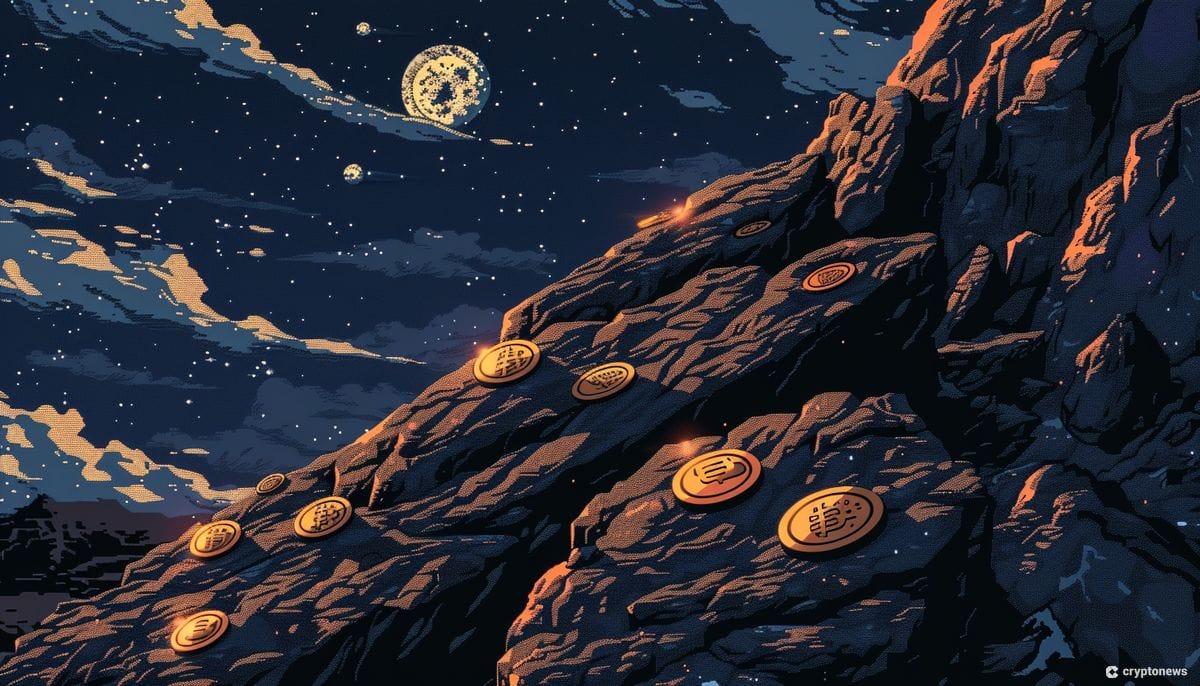BlackRock‘s foray into blockchain with its tokenized fund BUIDL has quickly captured investors’ attention, securing $240 million in deposits.
According to a recent report by Bloomberg, BlackRock’s money-market fund, which utilizes the Ethereum blockchain to record share ownership, reached the astonishing milestone within the first week after its launch.
BlackRock’s Tokenization Solution
BUIDL targets investments in secure assets such as cash, US Treasury bills, and repurchase agreements. Investors in the fund are issued BUIDL tokens, each pegged at a stable value of $1, to represent their share ownership.
The fund allows for the tokenized shares to be transferred between digital wallets that have been authorized by Securitize, BlackRock’s partner in this venture.
Carlos Domingo, CEO of Securitize, outlines the fund’s utility across multiple scenarios. Primarily, it serves crypto companies and decentralized autonomous organizations (DAOs) looking to manage their treasuries directly on the blockchain.
Furthermore, the fund is positioned as a foundational asset for crypto projects aiming to develop derivatives based on Treasury bills. This opened up new avenues for leveraging traditional financial instruments within the crypto ecosystem.
Domingo also said that BUIDL is offered as an alternative to stablecoins, providing a secure option for transactions, borrowing, and trading activities.
“It’s very institutional, it is managed by the largest asset manager in the world,” stated Domingo. “There’s no counterparty risk to any crypto company.”
Ondo Finance Invests $95 Million in BUIDL
Nathan Allman, founder of the crypto startup Ondo Finance, told Bloomberg that the company has allocated $95 million already to invest in BlackRock’s BUIDL fund, consisting about 40% of the total deposits.
Securitize Markets, registered with the Securities and Exchange Commission (SEC) and holding a Financial Industry Regulatory Authority (FINRA) broker-dealer license, enables token transfers among clients as an alternative solution.
Domingo also touched on the SEC’s lack of regulatory clarity, saying that the Commission has yet to provide guidelines on whether tokenization should occur on private or public blockchains.
